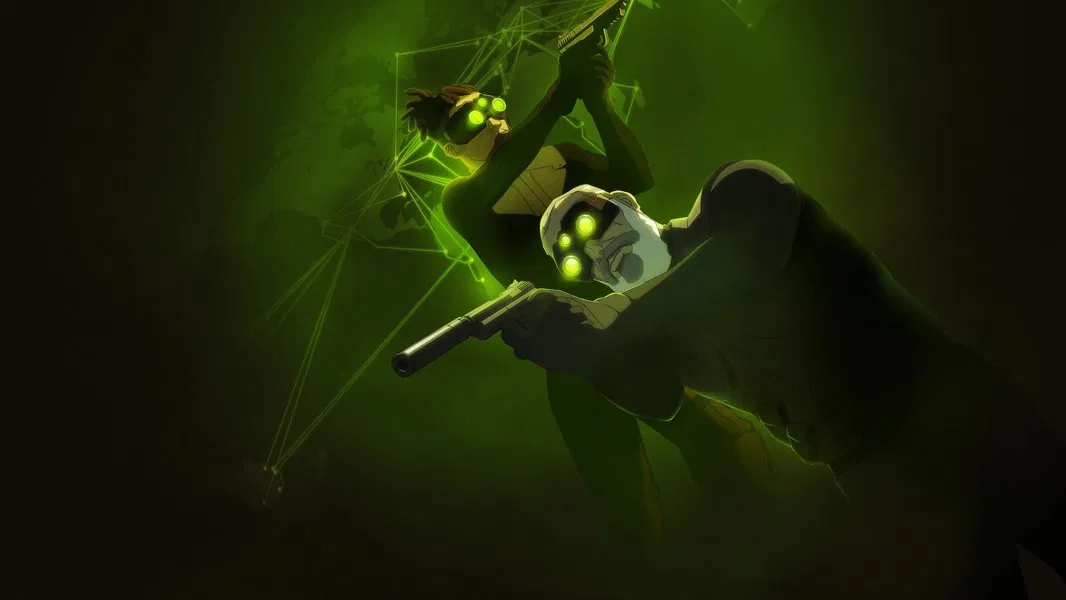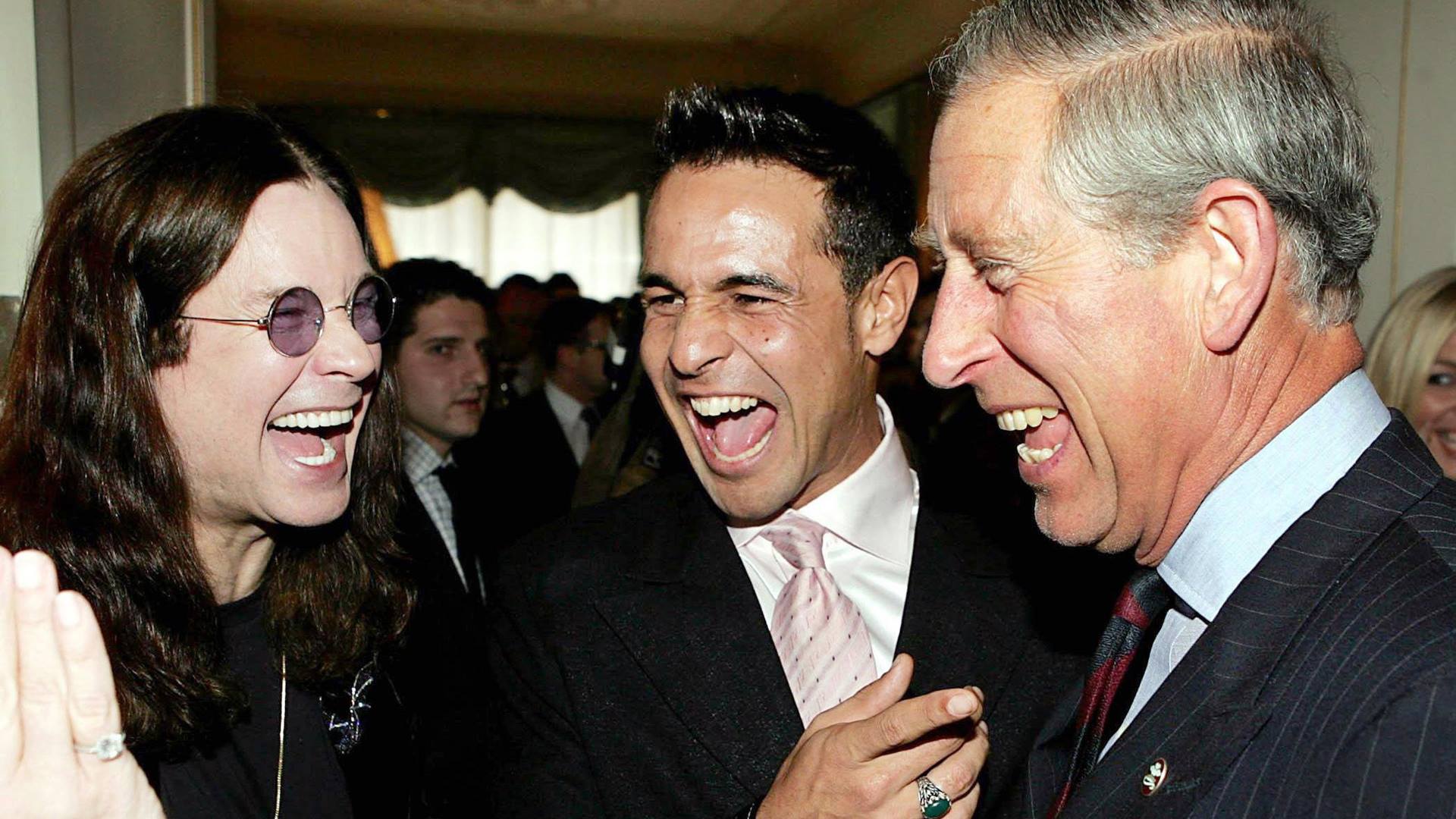The singer performs this Saturday, 18, at the Natura Musical house, to release an album in which she re-records Alagoas songs with African musicians.
It is difficult to understand how Leila Maria, with all the rumors coming out of it, he needed the impetus of a large audience-oriented television program to be exploited at age 66. But that’s how it always seems to be everything for this carioca from Madureira who sings, beyond bossa nova and far beyond samba, jazz. At least in two beautiful albums, Leila Maria sings Billie Holiday And Key off, strengthens the field in which it shines, overcoming the stigma carried by the subtly nationalist and denouncing spirit of bossa nova. Brazilian singers are not so accepted when their voices are in the service of jazz and, above all, they sing in English. “My poor samba, it suddenly changed / Jazz influence!” wrote Carlos Lyra in Jazz influence.
But Leila has been struggling since 1997 and only recently garnered more attention after working prominently on the show. The voice +, dedicated to interpreters aged 60 and over. The exhibition led the Biscoito Fino record company, through the production company Ana Basbaum, to invite her to record a project with an instigating character: to sing and create freely on the lines of Djavan often considered unalterable.
The result is Ubuntu, a nine-track album with the production of Guilherme Kastrup which is already on streaming platforms and will be released with a show this Saturday 18, at Casa Natura Musical, starting at 10pm. Djavan has a very visible Africa in his songs, but not the percussive one, not that of the terreiros. Djavan’s “harmonic Africa” is in the conceptions of its composition and in the voices that connect it to countries, especially in the sub-Saharan portion of the continent, and, more than in all, to South Africa (and this is not only because it has registered O Anthem of the Black Youth of South Africa in 1986, even when apartheid reserved bathrooms, buses and neighborhoods separated whites from blacks.
There were therefore good challenges for Leila to broaden this African spectrum of Djavan. His singing should almost completely leave jazz to assume another posture and it would be better for Kastrup, to act lightly and freely, to forget how much Djavan is the guardian and magnet of everything he does. It is no coincidence that the Alagoasian stopped having a producer a long time ago, started making arrangements on their own and rarely participates in collective projects. Interference, which was actually very wrong in the beginning, is usually not welcome.
But it is fearless that the song Soweto will appear at the beginning of the album, with the participation of Congolese guitarist Zola Star. It’s a party, with François Muleka on bass and Guilherme Kastrup on percussion. After, Thatof Djavan with Aldir Blanc, who appears to be related to an excerpt from Consumed fact it’s at Point Exu Tiririit’s even busier and should be irresistible on stage. I miss you so muchin collaboration with Chico Buarque, is joined by Boling Na Ngai. It is the Africa of the ropes represented by the Congolese also François Muleka.
My good will it starts with one of those ghostly good African refrains, arranged by Cristiano Santos. And Ocean, perhaps where Leila’s voice makes a difficult delivery through the low key of the first part, it has subtle parallel references. The Iberian guitar of the original recording, played by Paco de Lucía, the great Spaniard, is exchanged in the recording with the strings of the Malian Assaba Dramé, who plays the ngoni, one of the ancestors of the guitar originating in North Africa. If everyone there has Moorish (Arab) blood, it’s no surprise how close the sounds of Paco and Assaba are. The album continues with Asa, who has the voice of Mozambican Selma Uamusse, Fleur de Lis, a piece is missing And Drywith declamation of Maria Bethânia who has just won a clip.
Speaking of introducing a producer, Ana Basbaum, Leila says: “I’ve always enjoyed working with people who knew how to direct me. Nobody does anything alone.” He also talks about singing with an African musical thought, with strong tempos that is difficult to find so diluted: “When Zola played the first chords of one of the songs, I didn’t know where the strength was. I was lost and I needed support, but I won. “. Leila does not speak resentfully of an alleged lack of projection in her career, but observes: “I’m from Rio, black, I live in Madureira. So, for a lot of people, I had to sing samba. But I’m not a samba, it’s not the I sing. People want to put me in all the time. “
There is a meaning in the existence of Ubuntu, something not often found on so many re-recording discs. By taking Djavan to another field, or by strengthening a field that already exists in him, Leila and her musicians set out to expand him and not necessarily – and in this it takes courage – to please him. If they thought so, they would be doing nothing more than a cover album. However, the result seems to have satisfied him.
Djavan was contacted by the reporter to share his impressions of the record, and his response was as follows: “Whenever someone re-records my songs, it’s a joy and a wonderful opportunity to hear them like I never thought. Now. , with the Ubuntu Disc, by Leila Maria, this joy is doubly renewed: Leila is a singer with a path built over many years, capable of taking on a repertoire like this in the search for renewal, producing an unusual and beautiful result. te Leila and all those who participated in this project. Thanks for the gift. Djavan “.
Leila Maria
Casa Natura Musicale
Rua Artur de Azevedo, 2134
Sat (18) to 22:00.
Opening of the house: 20:30.
BRL 30 (half) to BRL 120 (cabin)
Source: Terra
Emily Jhon is a product and service reviewer at Gossipify, known for her honest evaluations and thorough analysis. With a background in marketing and consumer research, she offers valuable insights to readers. She has been writing for Gossipify for several years and has a degree in Marketing and Consumer Research from the University of Oxford.







